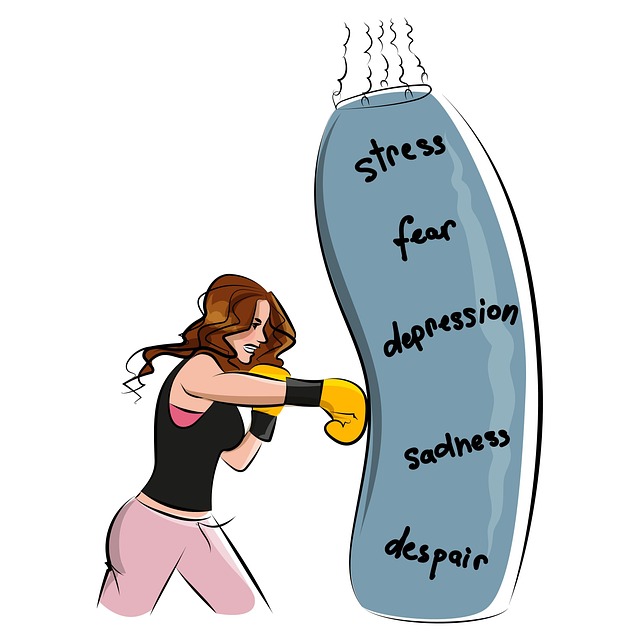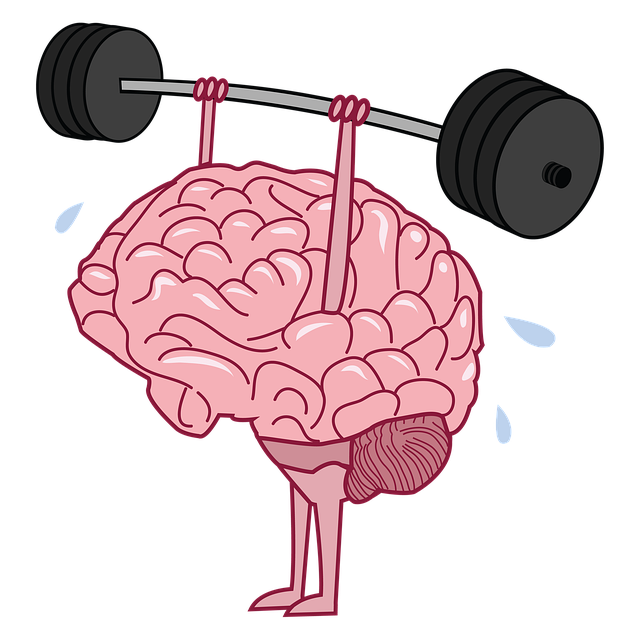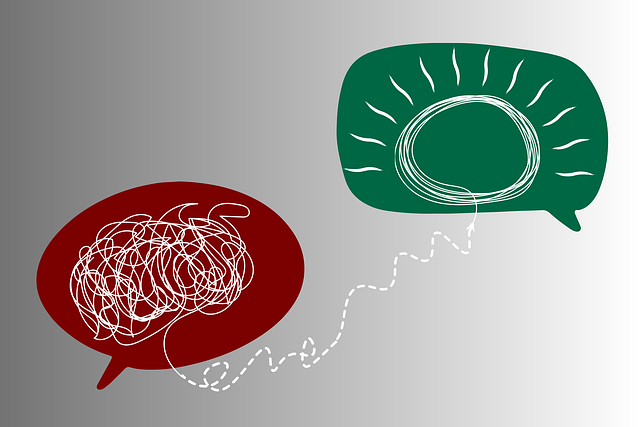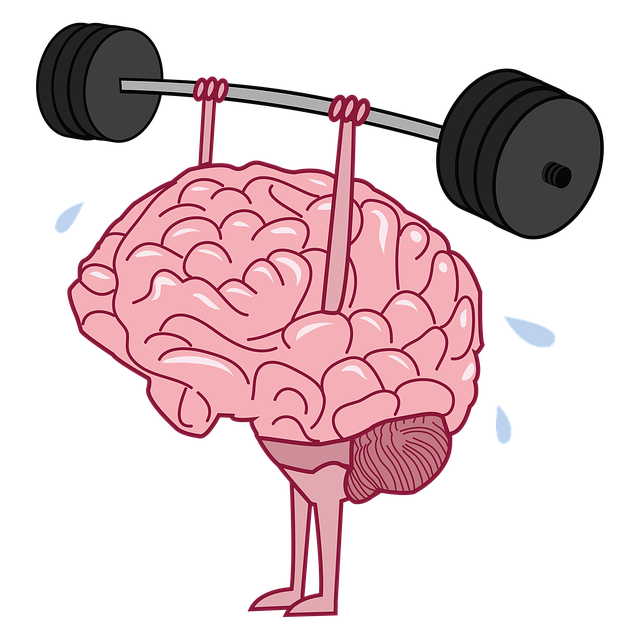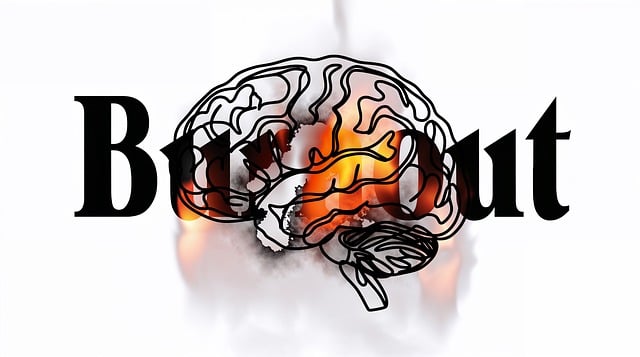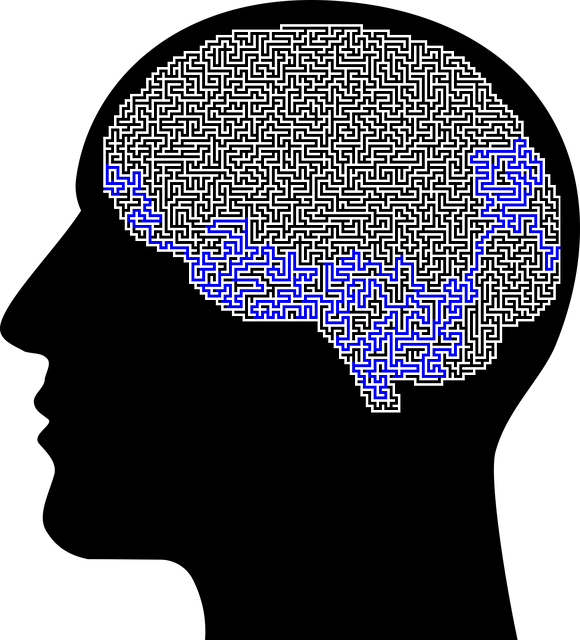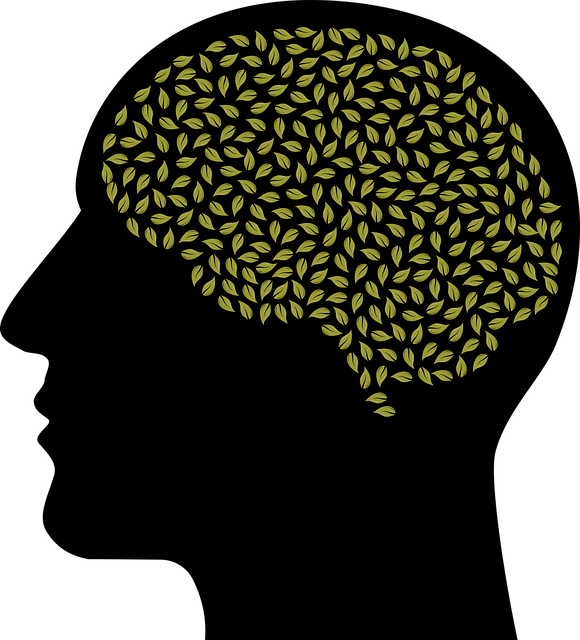Northglenn Panic Disorder and Anxiety Attacks significantly impact daily life, but effective therapy through cognitive-behavioral therapy (CBT), stress management, conflict resolution, and burnout prevention empowers individuals to manage symptoms, regain control, and enhance their quality of life. Tailored interventions, mental health professional support, mindfulness, and positive thinking techniques are key components of successful treatment. A multi-faceted approach combining evidence-based practices like CBT with coping strategies like exercise and interpersonal skills improves mental well-being and provides long-term recovery for Northglenn Panic Disorder and Anxiety Attacks.
In Northglenn, panic disorder and anxiety attacks are prevalent issues affecting many individuals’ daily lives. Understanding these conditions is a crucial first step towards recovery. This article guides you through a comprehensive approach to coping skill development, offering insights into managing symptoms effectively. We explore identifying triggers, early signs, and practical strategies for day-to-day coping. Additionally, we emphasize the long-term benefits of therapy and support networks for sustained recovery from Northglenn panic disorder and anxiety attacks.
- Understanding Northglenn Panic Disorder and Anxiety Attacks
- The Importance of Coping Skills Development
- Identifying Triggers and Early Signs
- Effective Coping Strategies for Day-to-Day Management
- Long-Term Therapy and Support for Sustained Recovery
Understanding Northglenn Panic Disorder and Anxiety Attacks

Northglenn Panic Disorder and Anxiety Attacks are prevalent mental health challenges that significantly impact an individual’s daily life and well-being. These conditions often manifest as sudden, intense episodes of fear or discomfort, characterized by symptoms such as rapid heartbeat, sweating, trembling, and a feeling of impending doom. Recognizing and understanding these attacks are crucial steps towards effective Northglenn Panic Disorder and Anxiety Attacks Therapy.
Professional help is available for those struggling with this disorder, focusing on techniques like cognitive-behavioral therapy (CBT) to challenge negative thoughts and behaviors. Additionally, stress management strategies, conflict resolution techniques, and burnout prevention strategies for healthcare providers can be invaluable tools in coping. Through tailored interventions, individuals can learn to manage their symptoms, regain control, and improve their overall quality of life.
The Importance of Coping Skills Development

In today’s fast-paced world, coping skills development is more crucial than ever. This process equips individuals with the tools to navigate life’s challenges and maintain mental well-being, especially for those managing conditions like Northglenn Panic Disorder and Anxiety Attacks. Effective coping strategies can significantly enhance quality of life, allowing people to lead fulfilling lives despite their struggles.
The Community Outreach Program Implementation plays a vital role in promoting coping skills development by providing accessible resources and support networks. Mental Health Professionals, through a thorough Risk Assessment, can tailor interventions based on individual needs. Incorporating Mind Over Matter Principles, which focus on reframing thoughts and cultivating positive mindset, is an evidence-based approach that empowers individuals to take control of their mental health.
Identifying Triggers and Early Signs

Recognizing triggers is a crucial step in managing anxiety and panic disorders. For individuals in Northglenn dealing with these conditions, identifying early signs can be life-changing. Many times, people experience subtle cues before an anxiety attack or panic episode, such as heightened heart rate, rapid breathing, or a sense of impending doom. By becoming aware of these initial signals, one can implement coping strategies more effectively. For instance, practicing self-awareness exercises can help individuals catch these triggers early on, enabling them to respond rather than react.
Understanding specific triggers is unique for everyone; it could be certain environments, stressors, or even thoughts that set off anxiety. With the right therapy and support from Trauma Support Services, patients in Northglenn can learn to recognize these patterns. Encouraging positive thinking and self-awareness exercises can significantly contribute to managing anxiety disorders. This proactive approach empowers individuals to take control of their mental health and well-being.
Effective Coping Strategies for Day-to-Day Management

In the face of daily challenges, developing effective coping strategies is paramount for mental well-being. For individuals dealing with Northglenn Panic Disorder and Anxiety Attacks, implementing certain techniques can significantly aid in managing symptoms and improving quality of life. One proven method is mindfulness meditation, which helps to calm the mind and body, reducing the intensity of anxiety responses. Additionally, regular exercise releases endorphins, natural mood lifters that combat stress and depression prevention.
Beyond individual practices, conflict resolution techniques play a crucial role in coping. Learning to navigate interpersonal challenges constructively can prevent escalations, fostering healthier relationships. Whether it’s through assertiveness training or practicing active listening, these skills empower individuals to express their needs while respecting others’ perspectives. Combining these approaches allows for comprehensive stress management, equipping individuals with the tools to face daily stressors head-on.
Long-Term Therapy and Support for Sustained Recovery

For individuals dealing with panic disorder and anxiety attacks, long-term therapy and support are essential components of sustained recovery. NorthglennPanic Disorder and Anxiety Attacks Therapy offers a safe space for individuals to explore and understand their triggers, develop coping mechanisms, and build resilience over time. This ongoing process involves regular sessions with trained therapists who employ evidence-based practices such as cognitive-behavioral therapy (CBT) and mindfulness techniques to help clients manage symptoms effectively.
Incorporating Burnout Prevention Strategies for Healthcare Providers can further enhance the therapeutic experience. Through Empathy Building Strategies, therapists foster an environment of understanding and trust, allowing individuals to express their fears and concerns openly. The Emotional Healing Processes are integrated into the therapy sessions, helping clients process and release trapped emotions related to anxiety, thereby strengthening their mental fortitude and promoting long-lasting recovery.
Coping skills development is a multifaceted approach to managing Northglenn Panic Disorder and Anxiety Attacks. By understanding these conditions, identifying triggers, and adopting effective day-to-day strategies, individuals can significantly improve their mental well-being. Long-term therapy and support groups play a crucial role in sustaining recovery, offering ongoing guidance and fostering resilience. Through a combination of these tactics, those affected can lead fulfilling lives, transforming challenges into opportunities for personal growth.



